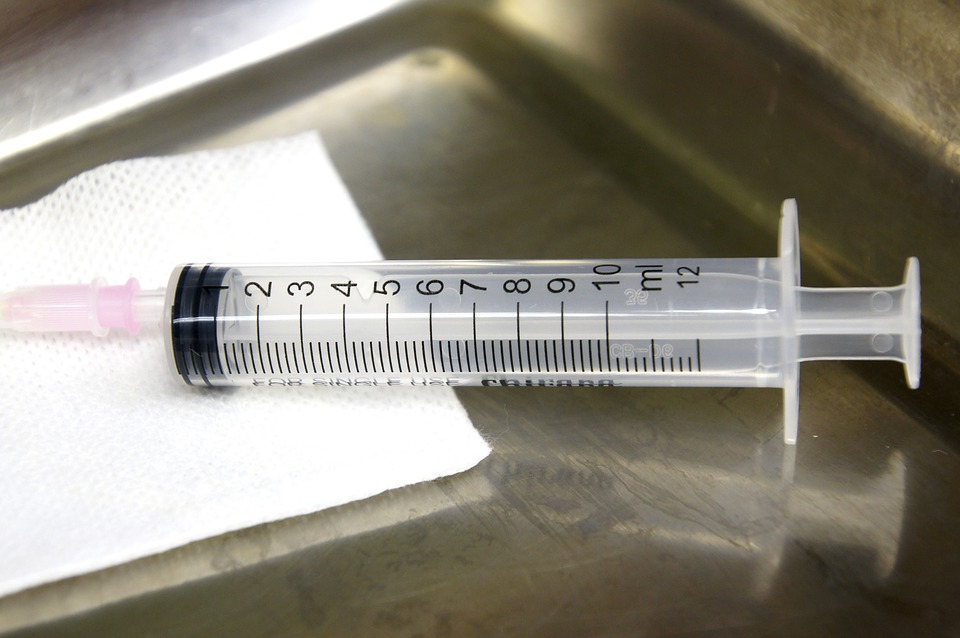
This is a topic that comes up frequently when I meet Private Consultant Surgeons for the first time.
Indeed, the point was touched upon last year in a blog regarding asking self-funding patients to pay in advance. Self-funding patients represent the major risk of non-payment for the private consultant. That said MHM does not advocate requesting full payment before a consultation.
I can tell of one group of Private Consultant Surgeons who made it mandatory that ALL self-funding patients paid in full and in advance.
Within 3 months they had lost over 90% of their self funding patients representing a value several times LARGER than the balance due from unpaid self funding consultations.
Cancellations are completely different from “Did Not Attend” and frankly none of my guys (and gals) suffer from a significant number of cancellations. Yes, there are a small number but in no way is it a problem. It is more an inconvenience.
But there is another aspect to the debate. That aspect is those patients who ‘Do Not Attend” i.e. are defined as DNA
Patients who do not attend for their consultation represent a 100% loss just the same as cancellations. It matters little if the consultation is 20, 30 or 45 minutes even. If the patient does not attend the consultation then that time is lost and no revenue may be charged for it. Certainly this is true if the patient is insured for it is extremely unlikely any insurance company will allow a fee to be charged if the patient did not attend for a consultation even if a cancellation was necessary for genuine reasons.
The issue however is different if the patient is self-funding.
Of course it is possible for the consultant to send an invoice to the patient who did not attend.
That does not mean however, the invoice will be paid.
Hence the suggestion frequently made by MHM, that self-funding patients should be asked to pay a deposit in advance of their consultation. Those practices who have followed this MHM approach have seen a reduction in the number of DNA patients and thus prevented losses. Clearly the patient(s) will be much less inclined to DNA if they have already paid a deposit.
The conclusions are therefore as follows:
if the patient is insured there is very little the consultant can do about DNA patients
if the patient is self funding however taking a deposit (which can be deducted from the final charge) has the effect of REDUCING the number of “Did Not Attend” patients
It would be interesting to hear from anyone who has a different approach and the results they have obtained. Feel free to email me at:
pete@medicalhealthcaremanagement.co.uk
